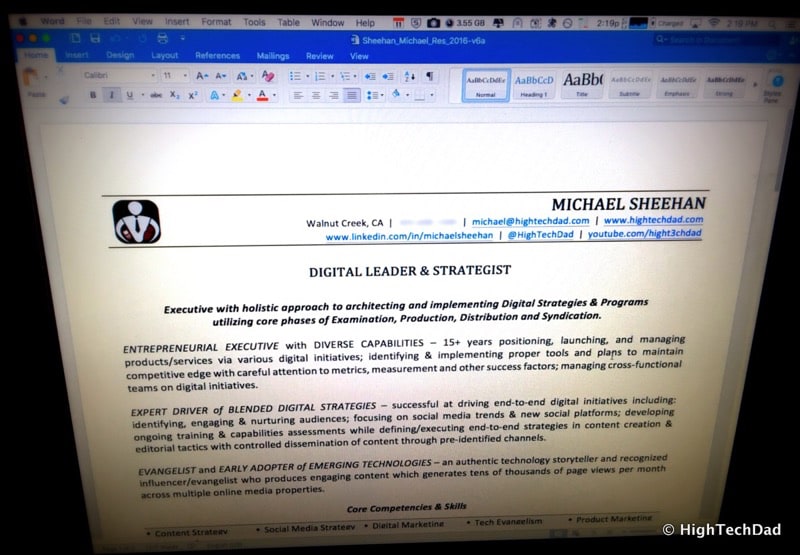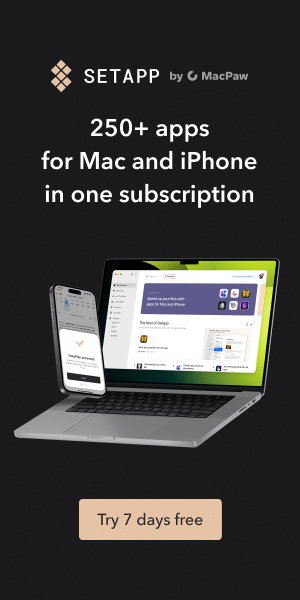I tend to really be wordy when I write. I don’t view this always a good thing. Writing takes time and the more words you use, the longer it takes to get anything done. A few years ago, content marketing initiatives were focussed on the production of many, many short-form articles (e.g., 300 words) in order to boost SEO via keyword density and linking. I’m happy to say that long-form content is starting to regain relevancy once again via thought-leadership. But here I go again…not being succinct. Part 1 of this article discussed discovering your personal unique value proposition (UVP) and learning how to promote it socially. Part 2 (this article) focuses more around that exact word – focus – and then how to become your own story-teller.
To quickly remind readers of where we were, I had received a series of questions from a reader, Ed, who is currently looking for his next job success. During his search, recruiters recommended he become more active in social media among other things, in order to build his own name-brand awareness. And he wanted some ideas on the best way to do this.
While, as I mentioned, I’m not an HR professional in any way, I completely understand where Ed is coming from, especially since as of recent, I too am looking for my next opportunity and success.
Staying Focused
The exercises I outlined in the previous article truly need to have a grounding in focus. Being able to focus your message (about yourself, your company, your wants, your needs) is critical to communicating about your personal brand.
(source: pixabay.com)
If you are overly general, people might not understand who you are or what you are passionate about. That isn’t to say you can’t be a “generalist.” When I held the role of a Cloud Computing Technology Evangelist, I was far from being extremely technical. If felt it was my duty to be more of a cloud generalist since the field was new and many people didn’t know what cloud computing even was. I wanted to talk to the eighty-percent who needed a general understanding, not the geeky twenty-percent who had engineering or developer degrees. That is what developer evangelists are for.
So, I focused on being a good generalist.
I had (and continue to have) a problem, however. It is so easy to become distracted nowadays, it is equally as easy to lose one’s focus. There are very few people who can maintain their focus or attention spans for long periods. I do believe there is a direct correlation between being able to focus and being passionate about what you are focusing on. If you don’t like it, you will find something else to focus your attention on.
Focus can also apply to the content or message you are working on. If you appear too bland or, as I mentioned, not specific enough, your message will become diluted and lose its strength.
I previously talked about sharing content socially that is relevant to personal interests and branding. You may have multiple interests. But if you share too many of these, people (like hiring managers) may think you lack focus.
Pick a few topics that really interest you, and drill down into those.
Ed calls himself a “tech professional” as well as a “tech-Dad” much like me. So he, potentially, has three areas he could focus on: technology in general, being a parent and being a technology professional. I asked him some additional questions to help focus a bit more, as these are very broad subjects.
You may want to ask these questions to yourself in order to get some focus too:
- What types of jobs did you have before?
- Do you have any hobbies or outside interests? (not necessarily related to tech in his case)
- What is your ideal job position?
- What articles/sites interest you?
If you suddenly find yourself going to the same type of site or the same topic repeatedly, this might be your focus.
A job may require you to focus on a particular thing. You may not like it or you might love it. But find that nugget that gets you excited. And focus on that.
And, don’t be afraid to have an opinion. While this is tricky and potentially a can of worms especially as many hiring companies evaluate social media when looking at candidates, if you don’t make the content you share a bit personal by sharing your thoughts, you drift into that general, lack-of-focus zone. A good rule-of-thumb, don’t go to either extremely (super opinionated or no opinion whatsoever). Stay a bit more to the center of the pendulum swings and say what you think. Unless, of course, you define yourself as being extremely opinionated.
Being a Story Teller
Honestly, I have to admit, I don’t think I’m that great of a story-teller. In my mind, a good story teller pulls from experiences of the past and is able to inject them into current conversations as relevant examples. There are some people who are truly masterful at doing this. Comedians, for example, can bring stories from their past and make them relevant to an entire audience. They make their content authentic and relatable to many, making them memorable in the process.
(source: en.wikipedia.org)
In the end, that is what we want people to do – remember you – hopefully in a positive way.
But what if you are a boring person (or so you think) or simply believe you don’t have any stories that will interest people. There are other approaches you can take. Remember, only you are an expert about you.
When it comes to your UVP, being able to articulate it as a story will make you just a bit more memorable. And since very few people probably know your entire life’s story, you can cherry-pick the information you want to share. Just don’t make it up (embellishment is probably ok though).
If you have to pitch yourself, think of a few stories to back up your UVP. And if you can extend the story through various parts of your life (professionally and personally), it may go a bit further.
For example, when I was little, I took apart a clothes dryer’s electronics to see why it wasn’t working. To my surprise, when I reassembled it, the dryer worked. In college, I had one of two floppy drives die on my PC right when I had a final paper due in a matter of hours. This was long before internal hard drives so my computer wouldn’t start without the floppy. I opened the computer up, swapped the cables between the working and broken floppy drives and was able to start my computer and finish my paper in time. Fast forward to now, and I regularly take apart things to repair them, or fix issues with software. But now I document what I do so that others may potentially benefit from my own curiosity (see my How-to & Fix-it articles).
That was one of my stories – I like to understand how things work so I take them apart to teach myself. I can add other examples to this story if I need to.
I have another one about writing which dovetails nicely into content strategy and digital marketing discussions and my career direction (as well as personal passion).
My recommendations for developing your career stories:
- Look back at your unique traits, your focus, your passion, and your expertise (you’ve done this in the previous steps)
- learn to package these up succinctly (again, already done this previously)
- then find some personal stories you can use to embellish your career timeline along the way
Once you have this, practice delivering your stories to friends and family. Practice makes perfect and you can fine-tune and potentially uncover new angles for your story-telling craft.
Here are a few additional tips as you go through these exercises:
- Do some writing – start/continue on a blog, do social media, see if you can write guest articles, participate in forums like Quora or LinkedIn Groups.
- Talk to people – meet with friends and colleagues. Don’t be trapped just searching. Meeting people is important to brainstorm and get new ideas.
- Read & research – build up your expertise and current knowledge of a topic.
- Keep moving – remember that searching for a job is much like riding a roller coaster!
Packaging yourself, your skills, your passions and your stories into something that stands out to hiring managers and companies is not something that is done instantly. It takes time, focus and practice. And, a lot of patience and optimism.
Most importantly, don’t be afraid to take a risk. Part of being unique is taking a chance.
“They laugh at me because I’m different; I laugh at them because they’re all the same.” – Kurt Cobain
I have to thank Ed for being the catalyst for this 2-part article. And while my thoughts are just that, my own opinions, I do hope they can be sources of inspiration or ideas for others. And be sure to share your own tactics, ideas or opinions. Leave a comment or write a response to this. Only through active discussion can ideas be furthered and fine-tuned.
HTD says: When looking for a job, learn to tell a focused story or two about your passions. You will not only become memorable, you learn more about yourself!




